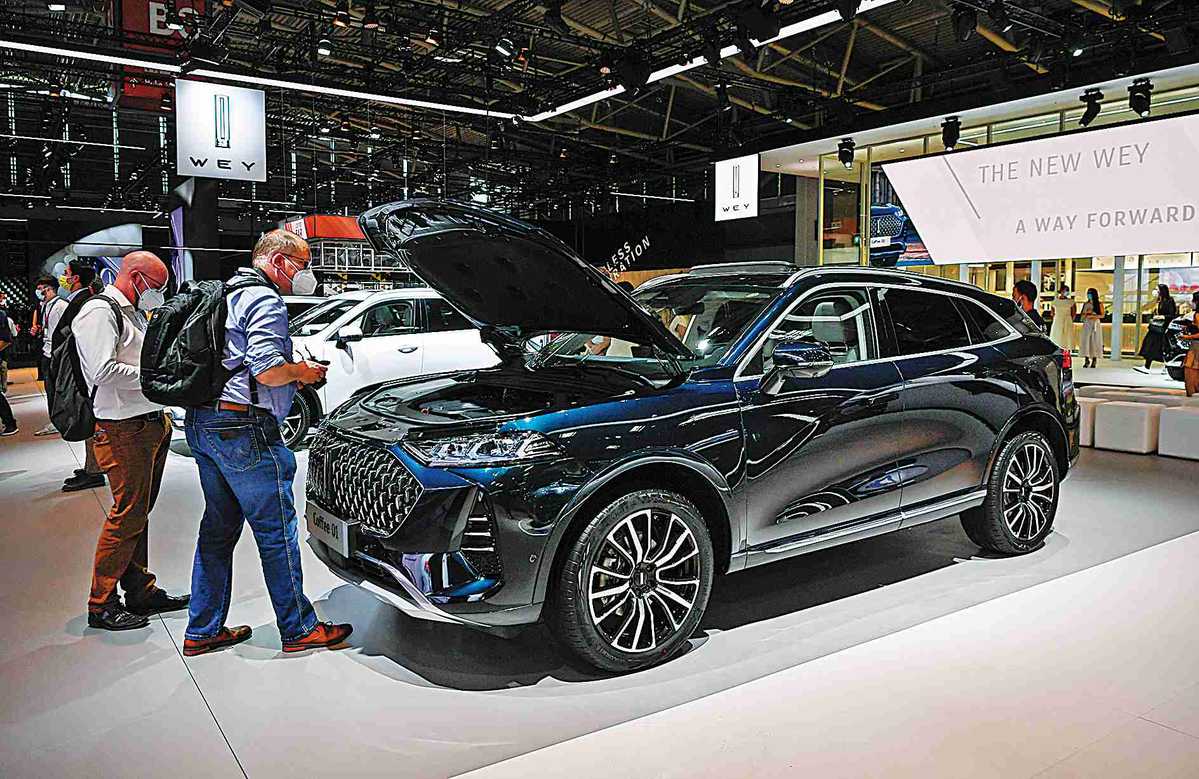Carmakers rev up efforts to reach carbon goals
By LI FUSHENG | China Daily | Updated: 2022-05-12 09:33

Companies cut vehicles' fuel consumption, invest in R&D of clean energy and recyclable batteries for greener industry
Editor's note: China aims to peak its carbon dioxide emissions before 2030 and achieve carbon neutrality before 2060, major goals in a national green transition drive. This series looks at efforts in various sectors to meet the goals.
At state-of-the-art Audi plants in China, colorful koi fish chase each other and happily snap up food. The water in which they frolic is processed wastewater that's been made clean and safe.
Water recycling at the two assembly workshops-one in Changchun, Jilin province, and the other in Foshan, Guangdong province-is just one part of the German carmaker's strategy to reduce carbon and promote sustainable growth, as Audi aims to become carbon-neutral worldwide by 2050.
"We will try our very best to support China's goal of carbon peaking by 2030 and carbon neutrality by 2060," said Audi China President Juergen Unser.
The carmaker said its Foshan plant, which was co-built with China's FAW Group, and the Anting plant in Shanghai, co-built with China's SAIC Motor, already use only renewable power through their photovoltaic systems and by purchasing green electricity from government-certified generators.
In addition to improvements in vehicle production, the pursuit of green goals has found carmakers in China cutting their vehicles' fuel consumption, investing heavily in research and development of hydrogen technology, fine-tuning supply chains, and even exploring ways to recycle electric car batteries.
A total of 19.83 million sedans, SUVs and multipurpose vehicles were sold in China in 2020, with their average fuel consumption lowered to 5.61 liters of gasoline per 100 kilometers from 5.80 liters in 2018, according to statistics from the Ministry of Industry and Information Technology.
























